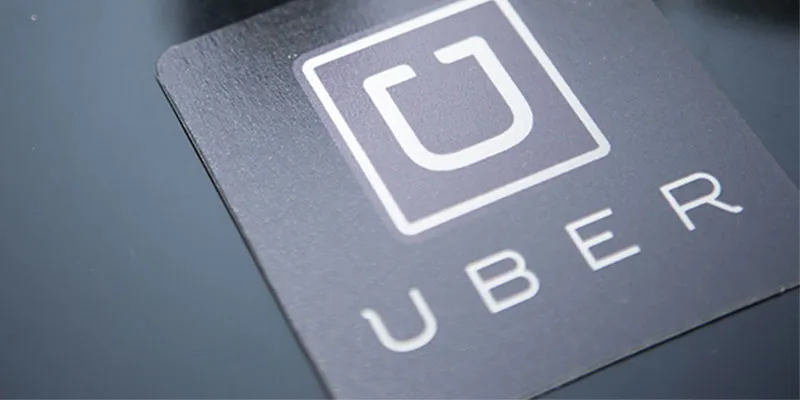Why Uber may fall under the purview of the Motor Vehicles Act
Uber may not after all be ‘above’ all. There is a general ambiguity on whether or not the Motor Vehicles Act applies to Uber and other service providers like Taxi For Sure operating in a similar fashion. While the company has not clarified this aspect, a conclusion that it does not fall under the purview of the Motor Vehicles Act, the overriding regulation that governs the laws relating to motor vehicles, may in fact be erroneous.

To understand this, one has to know what Uber is exactly. It may not be providing services in the conventional sense but it is a mobile application that facilitates potential customers to connect with drivers that are willing to drop them at their desired location. And its service does not stop right there.
Many Formats
Uber claims that it does not own any of the cars and that it only assists drivers in purchasing a car.
According to its website, Uber provides 5 types of services: UberX, Taxi, black, SUV and Lux. I can understand Uber helping drivers purchasing low end cars and sedans. But how does this business work for the Lux format? Does a Mercedes/Audi/BMW driver own the car? It sounds unfeasible. And I would love for the company to answer this.
As per the website’s page on question and answers for those interested to enlist their services as a driver, one of the questions asked is: “Can I drive my own car?” Uber, in its response, says that this is only an option.
The puzzle is if driving the driver’s own car is only an option, then what other options does he have? Also, who is the owner of the vehicle? Would Uber provide the driver with a vehicle too? This should determine whether the Act is applicable to Uber.
Law of the Land
To try and answer the puzzle, we must understand the rule on permits as per the Act. Permitsare typicallywith the owner of the vehicle. Interestingly though, the Act does not view “Owners” in the strict sense of the word. Therefore, it does not include just the person in whom the proprietary title vests. In fact, judgements have ruled that when the vehicle is entrusted to an independent person under some agreement and it is in complete control of that independent person, even if the vehicle is registered in someone else’s name, the independent person can be held liable.
Applying the above principle in Uber’s case, we can conclude the following: For the drivers who own the vehicles, permits would lie with them and in other instances, the owner of the vehicle could be an independent person as per another agreement. So the service provider can be deemed an owner. So Uber could own a permit or atleast be authorized by someone to use the vehicles on its behalf.
Therefore, it is not very difficult to understand why Uber may be treated on par with all the other cab service providers even though it is just facilitating a service through a mobile application.
As one author (link) rightly notes, “Uber provides a taxi service using electronic means; it co-ordinates and communicates with car owners and passengers to provide taxi service - a service operation complete with internal rules, procedures processes, and generating due income.”
So while Uber works with our Government to establish clear background checks “currently absent in our commercial transportation licensing programs”, hoping the company is now less uncertain about its need to comply with our extant law.







